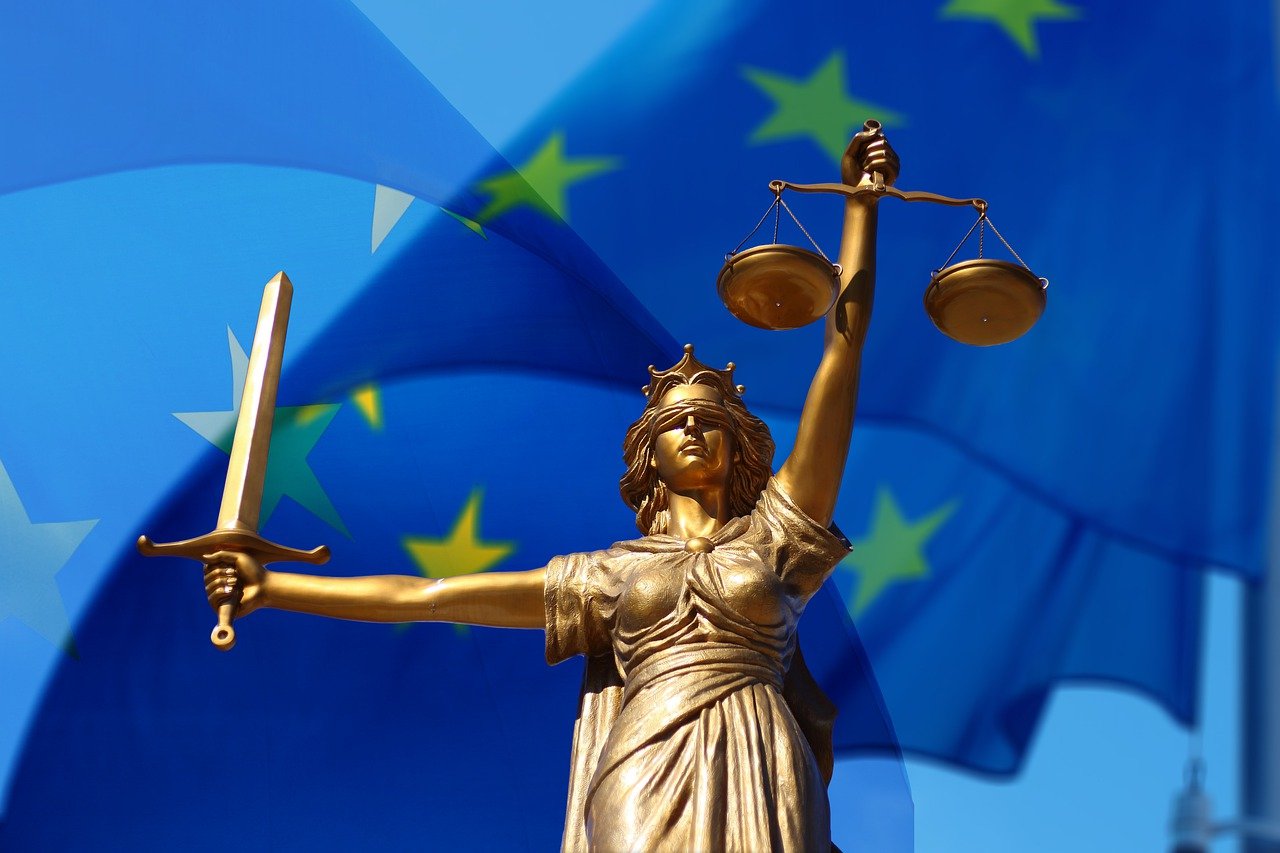Luxembourg, 2 October 2024
Judgments of the General Court in Cases T-797/22 | Ordre néerlandais des avocats du barreau de Bruxelles and Others v Council, T-798/22 | Ordre des avocats à la cour de Paris and Couturier v Council and T-828/22 | ACE v Council
Restrictive measures in response to the war in Ukraine: the prohibition on providing legal advisory services to the Russian Government and to entities established in Russia is valid
The General Court confirms the importance of the fundamental right of all persons to be advised by a lawyer for the purposes of conducting, pre-empting or anticipating judicial proceedings and finds that the prohibition at issue does not call that right into question
In 2022, in response to the intensification of Russia’s aggression against Ukraine, the Council of the European Union adopted a series of restrictive measures aimed at putting pressure on Russia to put an end to its war of aggression. The measures taken include a prohibition on providing legal advisory services 1.
Subject to certain exceptions and exemptions, those acts prohibit any person in a position to provide legal advisory services (practising, in particular, in the territory of the European Union) from providing such services to the Russian Government or to legal persons, entities or bodies established in Russia. The prohibition is designed to further increase the pressure exerted on Russia.
A number of Belgian Bar associations, including the Ordre néerlandais des avocats du barreau de Bruxelles, a number of Belgian lawyers, the Ordre des avocats à la cour de Paris and one of its members, together with the Association Avocats Ensemble (ACE), brought proceedings before the General Court of the European Union seeking annulment of that prohibition. According to those parties, that prohibition lacks any statement of reasons and infringes the fundamental rights guaranteeing access to legal advice from a lawyer, the professional secrecy and duty of independence of lawyers, the values of the rule of law and the principles of proportionality and legal certainty.
The General Court dismisses the three actions.
It recalls that all persons are recognised by the Charter of Fundamental Rights of the European Union as having a right to effective judicial protection, which includes the right to be advised and represented by a lawyer in the context of existing or probable litigation. It rules that that right is not called into question by the prohibition at issue.
It clarifies in that regard that the general prohibition on providing legal advisory services to the Russian Government or to legal persons, entities or bodies established in Russia does not concern legal advisory services provided in connection with judicial, administrative or arbitral proceedings. The prohibition thus applies only to legal advice that has no link with judicial proceedings. The General Court adds that legal advice provided to natural persons, in particular, does not fall within the scope of the prohibition.
As regards the derogations 2 from the prohibition, the General Court holds that they do not, in themselves, entail interference with the protection of the professional secrecy of lawyers. It states nevertheless that the Member States must, when defining the arrangements for implementing the exemption procedures, ensure respect for the Charter of Fundamental Rights.
Whilst recalling the importance of the independence of lawyers for the purposes of guaranteeing the right of persons subject to the law to an effective remedy, in contexts where there is a link with judicial proceedings, the General Court holds that the prohibition at issue does not apply to legal advisory services provided by a lawyer which have a link with judicial proceedings, and therefore does not entail any interference with the independence of lawyers.
The General Court adds that limitations may be placed on the fundamental role of lawyers in ensuring compliance with and defending the rule of law. That role may be subject to restrictions justified by objectives of general interest pursued by the European Union, provided that such restrictions do not constitute, in relation to the aim pursued, a disproportionate and intolerable interference, impairing the very essence of the task entrusted to lawyers in a State governed by the rule of law.
According to the General Court, the prohibition at issue, as delimited by the exception and exemption provisions, does pursue objectives of general interest, without impairing the very essence of the fundamental role of lawyers in a democratic society.
NOTE: An action for annulment seeks the annulment of acts of the institutions of the European Union that are contrary to European Union law. The Member States, the European institutions and individuals may, under certain conditions, bring an action for annulment before the Court of Justice or the General Court. If the action is well founded, the act is annulled. The institution concerned must fill any legal vacuum created by the annulment of the act.
NOTE: An appeal, on a point or points of law only, may be brought before the Court of Justice against the decision of the General Court within two months and ten days of notification of the decision.
Unofficial document for media use, not binding on the General Court. The full text and, as the case may be, the abstract of the judgments (T-797/22, T-798/22 and T-828/22) is published on the CURIA website on the day of delivery.
—
1 The Council introduced that prohibition by CouncilRegulation (EU) 2022/1904 of 6 October 2022 amending Regulation (EU) No 833/2014 concerning restrictive measures in view of Russia’s actions destabilising the situation in Ukraine, Council Regulation (EU) 2022/2474 of 16 December 2022 amending Regulation No 833/2014 and Council Regulation (EU) 2023/427 of 25 February 2023 amending Regulation No 833/2014.
2 These are exemption provisions which enable the competent authorities to lift the prohibition in certain specifically identified situations. Those authorities have discretion as to the manner in which an application for exemption must be set out, lodged and processed.
Source – EU General Court: 155/2024 : 2 October 2024 – Judgments of the General Court in Cases T-797/22, T-798/22, T-828/22

